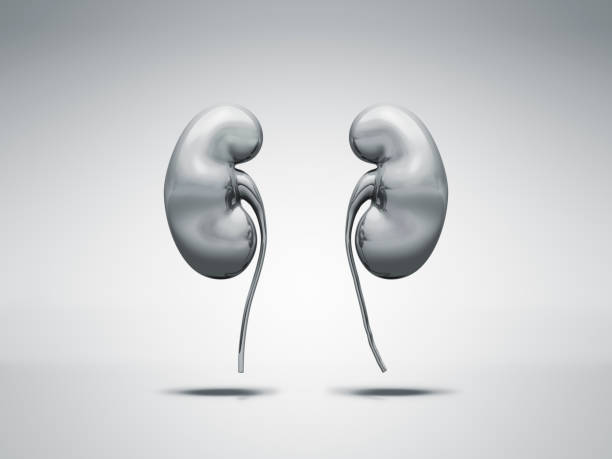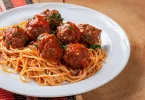Kidney stones are very unpleasant. If you’re currently dealing with them or know someone who is, there are some things that can be done to mitigate the condition. Make sure that you follow the advice of your healthcare provider and your registered kidney dietician when working to resolve kidney stones. Here are some essentials to go over with your medical team.
1. Drink Plenty of Fluids
If you’re having a gallstones vs kidney stones debate, drinking plenty of water should be at the top of your to-do list. Two to three quarts of fluids a day can make a big difference in how your body operates.
Coffee and lemonade are two flavored beverages that have been shown to benefit those with kidney stones, but you should steer clear of grapefruit juice and soda.
2. Limit Oxalate Intake
Foods that are high in oxalic acid include spinach, beets, tea leaves, chocolate, and wheat bran. Oxalates should be avoided as much as possible as they can encourage kidney stone growth and development.
Although consuming sufficient calcium helps to manage oxalates in the body, it is still a good idea to consume oxalates sparingly.
3. Get Enough Calcium
Calcium can help to mitigate oxalates in the body and discourage the formation of calcium stone formation. It’s best to take calcium with meals so that it better absorbs into the body.
Just three servings a day can make a big difference in your kidney health, but overdoing it can be detrimental. Talk with your healthcare provider before starting supplements.
4. Don’t Overdo the Protein
Moderation is key. Too much protein in the diet will spark the kidneys to excrete more calcium and form more kidney stones. It’s a good idea to give your body a break from the proteins every so often. Think “Meatless Mondays.”
5. Reduce Salt Consumption
A diet that is high in sodium can cause more problems than just kidney trouble. Too much sodium increases calcium, which contributes to stone formation. A low-salt diet will also help to improve blood pressure.
6. Avoid High Doses of Vitamin C
Too much vitamin C is problematic. The recommended daily allowance for vitamin C is 60mg a day. Taking more than 100 mg a day or more carries the risk of increasing oxalates in the body. And oxalates are known to contribute to the formation of kidney stones.
7. Eat a Balanced Diet
A well-balanced diet is important for everyone. If you are suffering from kidney stones, there are certain essential steps you can take to improve your likelihood of reducing kidney stones. Drinking enough water, consuming things in moderation, and getting enough exercise is crucial to achieving better health outcomes.
According to the National Kidney Foundation, there are a lot of ways to deal with kidney stones and improve the health of your kidneys. A kidney stone prevention diet is a great start when it comes to managing stones, and it is also one of the least invasive things that can be done.








